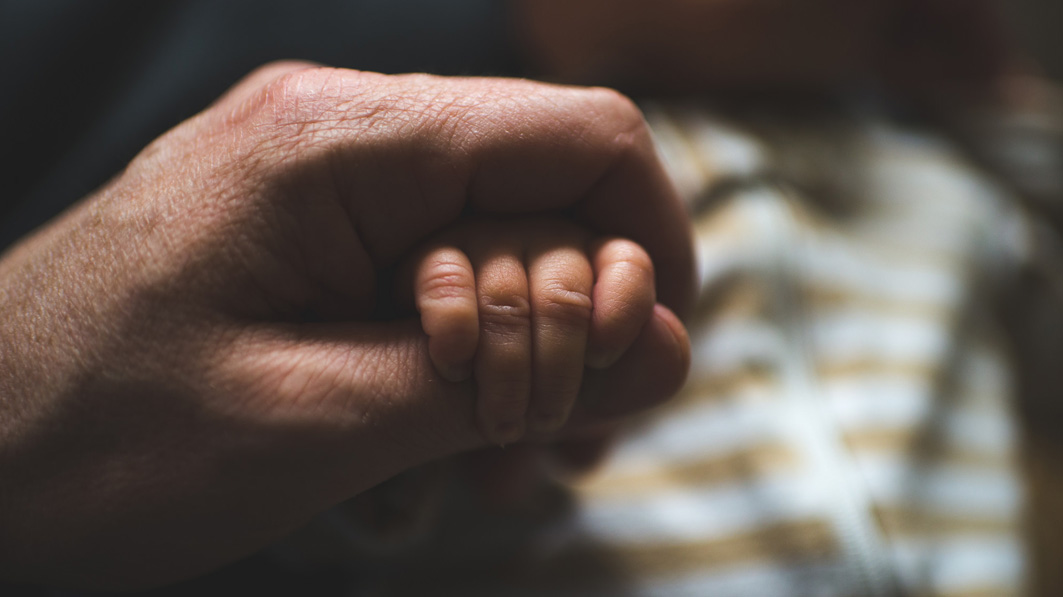“A woman’s right to choose.” That is the mantra of the pro-abortion movement for decades. A phrase that supposedly cements a woman’s authority and autonomy over her own body.
However, there’s just one problem with that mentality. Throughout the generations, women have been unable to master the art of parthenogenesis, the ability to reproduce without a partner. Men are still a necessary component of pregnancy.
Despite many attempts to minimize a man’s role in conception, men are still half of the equation. While some men have embraced the lack of accountability that pro-abortion advocates have allowed them to enjoy, others want a say in what happens to their preborn child. They want to take responsibility for the life that they’ve helped create, but a culture of abortion has made this incredibly difficult.
Per pro-abortion advocates, women have the right to decide what to do with their own bodies. The man who contributed half of his DNA to create the preborn child usually doesn’t factor into the decision-making process.
One young man in Alabama is trying to change that. Ryan Magers was still in high school when he found out that his girlfriend was pregnant. While he wanted to keep the child that they conceived together, she didn’t.
“I just tried to plead with her and plead with her and just talk to her about it and see what I could do, but in the end, there was nothing I could do to change her mind,” he said.
Despite his desperate requests, on February 10, 2017, his girlfriend went ahead with the abortion.
Although his baby was lost to abortion, Ryan isn’t giving up the fight. He wants the courts to recognize his preborn baby as a person, now named in court documents as Baby Roe, in part so he can be the representative of his baby’s estate. With that legal authority, he plans to sue the women’s center where the abortion occurred, the employees of the center, and the pharmaceutical company that is responsible for making the abortion pill.
This week, a judge in Alabama allowed him to go through with his request and officially recognized his preborn child as a person, and by extension Ryan as his or her father. It helps not only his case but can allow other fathers to pursue legal action as well.
“I’m here for the men who actually want to have their baby,” Ryan said. “I believe every child from conception is a baby and deserves to live.”
This is an incredible and historic development, and it puts the pro-abortion movement on notice. Men no longer are a component that can be discarded at the altar of reproductive freedom and abortion. They are the father of a preborn child, just as a woman is the mother to a preborn child.
Too often, it is the women who dominate this conversation. While that is understandable, the abortion movement’s push to shut men out of the conversation is irresponsible and has led to a culture where men are almost encouraged to basically leave a woman to her own devices if she becomes pregnant unexpectantly.
Men are supposed to take a step back and say, “It’s her body, she can do what she wants.” They are told that their thoughts, feelings and emotions about the child that they helped a woman conceive are irrelevant in the decision about whether the child lives or dies. If a woman wants an abortion, the pro-abortion culture usually says that he is only expected to bear the financial responsibility of the abortion.
It will be interesting to see where this Alabama case goes and the larger implications that it might have women and men across the country, but it does set a precedent. In the not too distant future, men may finally have a legally recognized say in what happens to their child.






